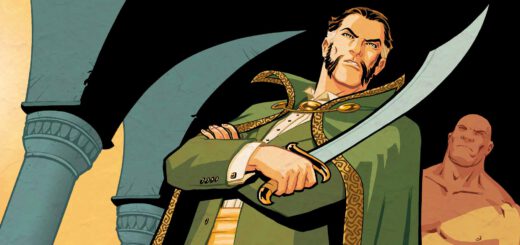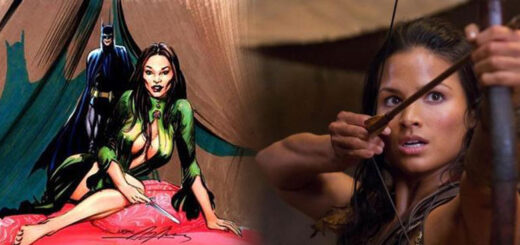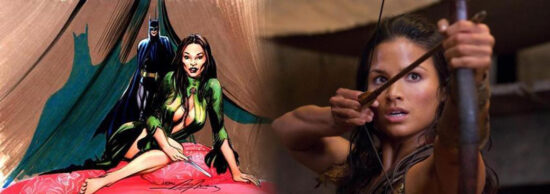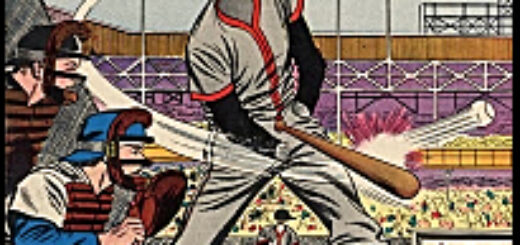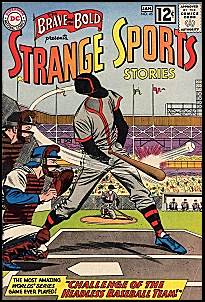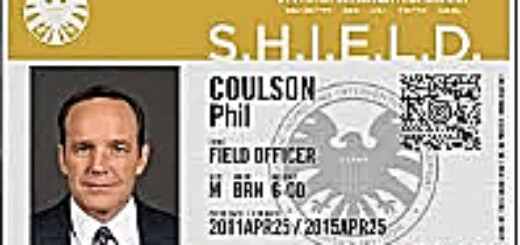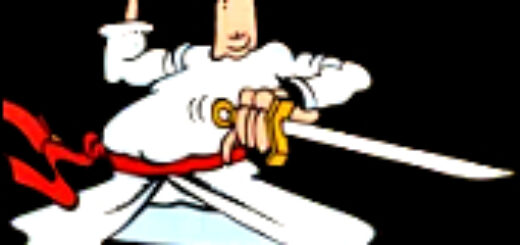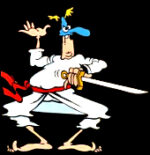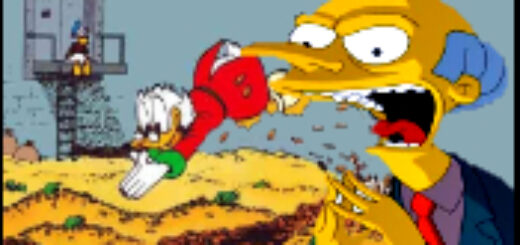“So, can we still love the work of Woody Allen? For me, the answer is an uneasy “yes.” Because, I do. To say I’ll stop would just be another lie in a situation already mired in falsehoods and overlooked facts.
“So, I think we can still love the work of Woody Allen, but under one condition: This part of his story is told. No more burying the bad beneath the slightly less bad. And, certainly, no illusions that the whiny, hypochondriac charmer onscreen is anything more than a character he created. I believe Alvy Singer is an underdog. I believe Woody Allen is a child-molester.
“Maybe one person writing one post on the Internet isn’t going to change the tide of cultural consciousness. Still, what is cultural consciousness but a number of individuals creating a story?
“If only a few hundred people make it to the end of this post, then it’s a few hundred people who have their own decision to make. I’ll take it.
I wasn’t as conscientious as maybe I should have been in transcribing what I have just extensively quoted, and so I don’t know if Mick Gray wrote the words or was quoting someone else. In any case, I’m grateful to Mr. Gray for putting the piece on Facebook. It deals with the topic of last week’s column and deals with it far more cogently than my blather did.
Mea culpa. By now, I should know that the work should not be judged by the man. And I’m not even sure that I’ll never pay money to see another Woody Allen movie, as I claimed, because I should also know, by now, never to say never.
But I have not patronized Mel Gibson entertainments, at least not yet, ever since his storm of hate talk and his public espousal of what I consider to be a virulent form of Christianity. The logic is: Mr. Gibson’s public pronouncements are pernicious and could conceivably nudge minds and hearts into pernicious places and I don’t want even a nanocent of my money to end up in Mel’s possession, where he might use it to further his agendas.
That’s me, striking a blow for righteousness!
Sure. Truth is, my lack of patronage makes absolutely no difference to Gibson and his cohorts. But it helps me validate my opinions and my self-esteem – looky looky what that virtuous Den is doing for his morals – and maybe it offers me the illusion of having some control over my life. I can neither understand nor affect computers, home heating systems, the car parked in the driveway, Congress, the stock market, cable television, global warming, the volcano under Old Faithful that might blow and cause massive extinction, errant asteroids, why execs of chemical and tobacco companies that wreak havoc on the common good don’t have crises of conscience – all things which either bear on me, or might, but I can sure give that Gibson a reckoning! Take that, Mr. Mel.
Final note: I haven’t boycotted the work of Tom Cruse or John Travolta, both of whom are vocal supporters of Scientology which is a… what is scientology, anyway? Cult? Religion? It’s spokespersons use “religion” and that’ll do. Anyway, although I think this religion is, all around, a bad deal, it seems to harm mostly its followers. I don’t know that it’s poisoning the rest of us and everyone to his own lunacy as long as he doesn’t try to convert me to it.
And for all I know, those execs mentioned above do have crises of conscience and are just keeping mum about them.
THIS AFTERNOON: Tweeks!
FRIDAY: Martha Thomases
SATURDAY: Marc Alan Fishman



